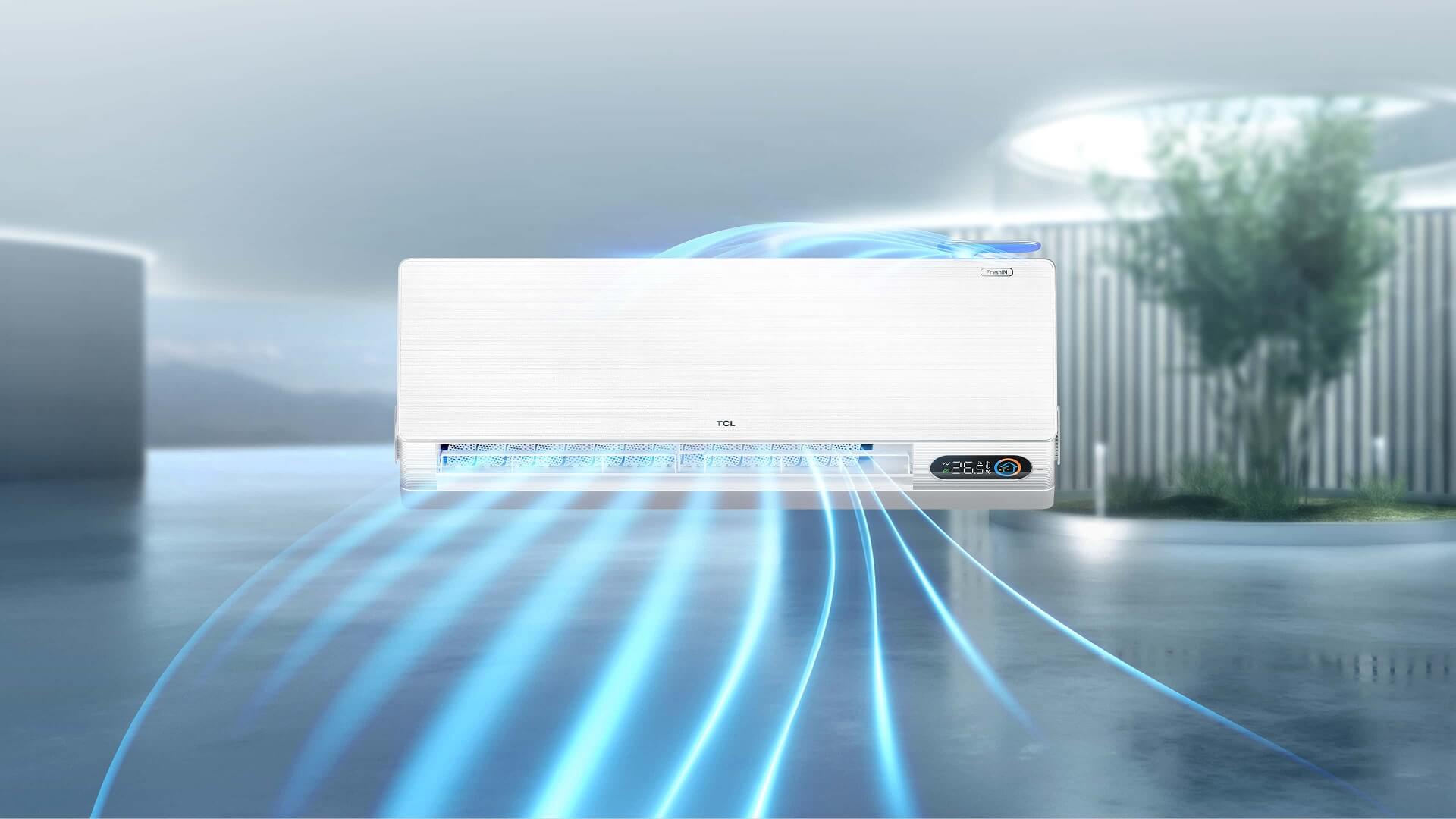Why a Tent Air Conditioner Can Make or Break Your Camping Experience
Camping has long been a cherished escape—an opportunity to disconnect, slow down, and reconnect with nature. But let’s be honest: not everyone dreams of sweating through a sleepless night inside a stuffy tent. As summer temperatures rise, even seasoned campers are finding new ways to keep their cool, literally. One of the most game-changing tools to emerge in recent years is the tent air conditioner.
This compact innovation allows campers to enjoy all the benefits of the great outdoors without sacrificing comfort. It’s no longer about “roughing it” just for the sake of it. Modern camping has evolved, and with it, our expectations have too. Whether you’re camping with young kids, managing health conditions, or just prefer a good night’s sleep, having climate control in your tent isn’t excessive—it’s smart.
The Reality of Hot-Weather Camping
If you’ve ever camped during a summer heatwave, you already know the challenge. Once the sun sets, the heat doesn’t just vanish. Tents—especially those made of synthetic materials—can trap warmth, leaving the interior uncomfortably hot and humid well into the night. Sleep becomes elusive, tempers flare, and the next day starts with fatigue rather than refreshment.
This is particularly hard on children, pets, and older adults. For young families, heat-related discomfort can be the deciding factor between a fun outdoor weekend and one that ends early with everyone grumpy and overheated.
That’s where a tent air conditioner comes in. Designed to be portable and efficient, these units cool the air inside your tent to a comfortable level, helping regulate body temperature and improve sleep quality—two essential elements for any successful camping trip.
How Tent Air Conditioners Work
Tent air conditioners are compact, mobile units designed to fit inside or just outside your tent. Most run on electricity, either from a campsite power hookup, generator, or portable power station. Depending on the model, they use either compressor-based or evaporative cooling systems to lower the temperature.
- Compressor-based models: These work like a mini version of a home air conditioning system. They cool the air by cycling refrigerant and removing heat, offering powerful, consistent cooling even in high-humidity environments.
- Evaporative coolers (also known as swamp coolers): These work by passing air over water-soaked pads to create a cooling effect. They are more energy-efficient but work best in dry climates.
Either way, tent air conditioners are designed to be quiet, lightweight, and compact—key features when you’re working with limited space and trying not to disturb the peace of the campsite.
The Benefits of Bringing an Air Conditioner on Your Camping Trip
Adding an air conditioner to your camping setup may sound excessive at first, but the benefits speak for themselves, especially for families and those camping in extreme weather conditions.
1. Better Sleep, Better Days
Good sleep is essential when you’re hiking, swimming, or exploring all day. A hot tent can make it nearly impossible to rest. With a tent air conditioner, the entire family wakes up more energized and ready to enjoy the day.
2. Safer Conditions
High heat and humidity can be dangerous. Conditions like dehydration, heat exhaustion, and even heat stroke become real concerns, especially for small children and older campers. Cooling your tent provides a safe retreat from the elements.
3. More Inclusive Camping
People with medical conditions, such as asthma or heat sensitivity, may avoid camping because of the physical stress heat can cause. A tent air conditioner allows more people to participate in and enjoy outdoor adventures without putting their health at risk.
4. Happy Kids, Relaxed Parents
Let’s face it: hot, cranky kids can derail even the most well-planned trip. Having a cool place for naps, downtime, or even just storing snacks and drinks can keep the family dynamic running smoothly.
Choosing the Right Setup for Your Tent
Not all tents or conditions are suited for air conditioners, so a bit of planning goes a long way. Here are a few things to consider:
- Tent Size and Insulation: Larger tents or multi-room models may require more cooling power. Look for a tent with proper ventilation flaps and compatibility for AC hose or venting.
- Power Source: Know in advance what your campground offers. Is there a power outlet? Will you need a generator or a solar-powered battery bank?
- Unit Portability: Opt for lightweight, compact models that won’t take up too much space or weigh down your gear.
- Ventilation and Drainage: Make sure the tent air conditioner is placed in a way that allows proper airflow and drainage for any condensation buildup.
Extending Use Beyond Camping
One of the hidden perks of investing in a tent air conditioner is its versatility. These units aren’t just for camping. They can be used in backyard tents during family gatherings, in garages or sheds during summer projects, or even during emergencies when indoor cooling fails.
If you’re hosting a garden party, setting up an outdoor movie night, or spending hours working in a hot backyard shed, a portable air conditioner can make a huge difference in comfort and productivity.
Final Thoughts:
The spirit of camping hasn’t changed—it’s still about escaping routine, embracing nature, and creating memories with the people you love. What has changed is how we balance those experiences with comfort and practicality. A tent air conditioner doesn’t take away from the “real” camping experience—it enhances it by helping everyone stay safe, cool, and well-rested.
Whether you’re a weekend warrior or a parent trying to make outdoor adventures more enjoyable for your family, cooling your tent could be the key to transforming your entire camping routine. Because sometimes, the difference between a miserable night and a magical morning is just a few degrees.

